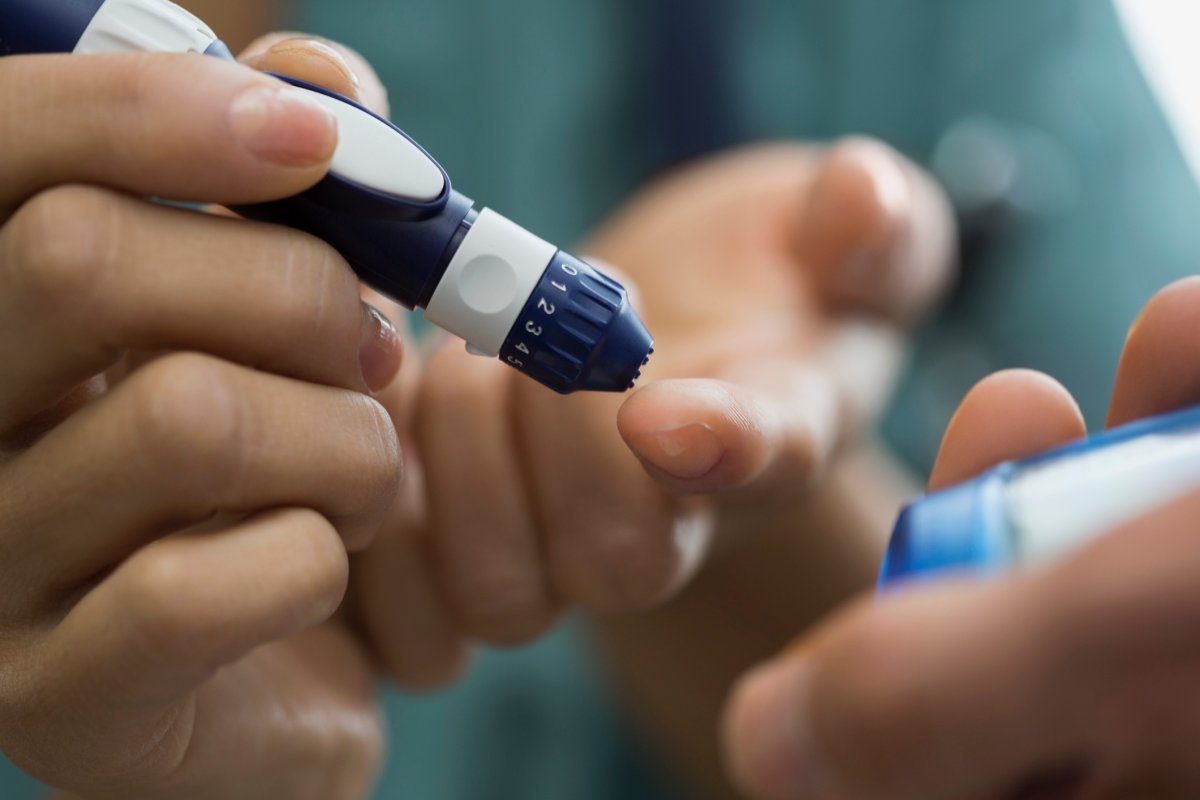A nationwide initiative is aiming to help those living with diabetes during National Diabetes Awareness Month in November.

Roche Diabetes Care Canada has launched #UpsideChallenge, a campaign designed to encourage Canadians to show their support for those living with the chronic condition.
“The objective is to raise awareness about diabetes and also about the importance of having a good testing experience.”
READ MORE: 13 things you need to know about the diabetes
Roche is asking Canadians to participate in the campaign during the month of November by uploading their selfie on the campaign’s website.
The photos will be flipped upside down, and participants are encouraged to share their story about why fighting diabetes is important to them.
“The idea of the Upside Challenge came from when someone is diagnosed with diabetes it’s really turning their lives upside down,” Mathieu said. “But we want people to see the good side of things, and that’s why we want to flip our picture.”
READ MORE: Living with Type 1 diabetes
Roche said it will donate $5 to JDRF, a diabetes research organization. JDRF said it’s been funding type 1 diabetes research for more than 40 years.
Roche has also been in operation for more than 40 years, designing diabetes technologies and services.
- Capital gains changes are ‘really fair,’ Freeland says, as doctors cry foul
- Ontario doctors offer solutions to help address shortage of family physicians
- ‘Dangerous message’: Experts slam anti-sunscreen claims circulating online
- ‘Trying not to die’: Tourism operators loaded with debt despite rising demand
Mathieu said money raised from the campaign will go towards general diabetes research.
“From a global perspective, Roche Diabetes Care works very closely with JDRF, and locally we will also contribute to the research.”
READ MORE: Canada’s obesity rate has doubled since the 1970s. What happened?
Around 9.3 per cent of Canadians have diabetes, according to the Canadian Diabetes Association.
The association also suggests the prevalence of the disease has almost doubled since 2000, and will increase by another 1.5 million people by 2020.
It also suggests one in three Canadians will be affected by diabetes, undiagnosed diabetes or prediabetes by 2020.


Comments